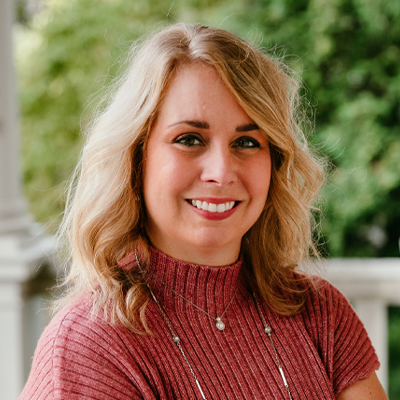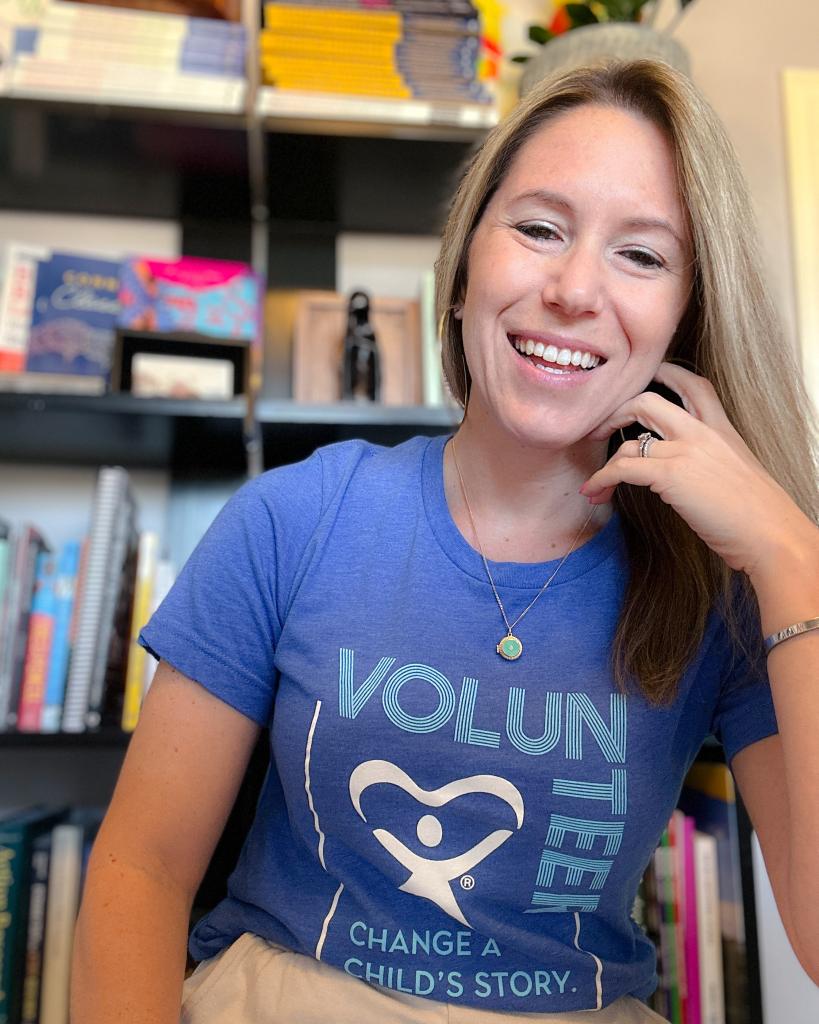Published on
Special Series for Child Abuse Prevention Month
This month, Grade 8 students in our Mizzou Global Scholars course studied the Convention on the Rights of the Child. The United Nations Convention on the Rights of the Child was adopted in 1989. This international agreement on childhood addresses the universal and unique rights children should have. Among these are health and safety.
As educators, childhood health and safety is at the heart of everything we do. In that spirit, this month we are releasing a special web series for Child Abuse Prevention Month. In this second post, we share about two courses we are developing with the Missouri Office of Childhood.
Child Care and Development Fund (CCDF)

Stephanie Walter, our Director for Teaching and Learning, recently authored a new version of the state CCDF course for childhood professionals. She says, “Our attention and care for every child, including youth or children who have experienced trauma, is absolutely essential. Educators are deeply invested in each child’s physical, emotional, and intellectual wellbeing, and this dedication takes time, wisdom, and collaboration. Our hope is to offer professionals the strategies they need to nurture each child in their sphere of influence.”
This course overviews the health and safety requirements set out by the Child Care and Development Block Grant and the Child Care and Development Fund. The course includes specific resources on mandated reporting and responding to child abuse and neglect. By the end of this course, childhood professionals will grow in the knowledge and skills to build a safe learning environment and a high-quality program that supports the healthy growth and development of all children.
“Helping design the CCDF course was a privilege,” says Walter. “Our team felt the weight of responsibility to highlight important issues in child care to the thousands of educators who will take this course in the years to come. In the busyness of everyday life, it’s tempting to check off boxes when it comes to supervision and health and safety requirements. The truth is, our obligation to keep children safe and give them every chance at healthy development is at the heart of what educators do. It’s the foundation of all other teaching and learning.”
Caring for Vulnerable Children
In addition to redeveloping courses, Mizzou Academy has also been tasked with creating brand new courses for the Office of Childhood Training Library. Dr. Kathryn Fishman-Weaver, our Executive Director, is currently authoring one of these courses on caring for vulnerable children.

In 2021, Fishman-Weaver, was sworn in by the 13th Judicial Circuit as a Court Appointed Special Advocate (CASA) for youth navigating the foster care system. She is currently on her second case and advocating for three children (ages 3-12). Fishman-Weaver says she is drawing on her CASA work, as well as her experiences teaching in public schools and special education services, as she writes this course.
The course topic was originally suggested by Louis Manfra, an assistant professor in Human Development and Family Sciences. Once the topic was approved by the state, Fishman-Weaver couldn’t wait to start writing as she believes this course will make a positive difference on childhood wellbeing.
Through this course, professionals will learn about vulnerable children, including those experiencing extreme poverty, housing and food insecurity, foster care, and other traumas. This course offers a starting place for strategies and services childhood professionals can use to support children in vulnerable situations. The course also overviews the unique circumstances facing vulnerable children and how these experiences impact learning, development, and behavior. The course on caring for vulnerable children is still in development, but the Mizzou Academy team is moved to bring it swiftly to production.
“Childhood professionals play an essential role in keeping children safe,” says Fishman-Weaver, who hopes “to let childhood professionals know the work they do to create inclusive childhood programs has a profound positive impact on supporting vulnerable children. These are difficult topics that aren’t always covered in-depth in training materials or courses. I am proud our team is engaged in this work and hopeful that it will lead to more confidence and expertise in how to create inclusive and supportive environments for children who are navigating trauma and adverse childhood experiences.”
Walter and Fishman-Weaver agree that this is difficult work; however, they add that it is also “life-saving work.”
Reporting Child Abuse and Neglect—Missouri Resources
Like Fishman-Weaver, Kimberly Kester, one our lead language arts teachers, has also served as a CASA volunteer. Kester has advocated for children in Oklahoma, Kentucky, and Missouri.
She believes everyone “should be aware of the legal rights and responsibilities of children and their grown-ups. The law and the legal system can be difficult to maneuver and it is okay to ask questions. Educate yourself and understand your rights and responsibilities. Don’t wait. Simply knowing what you can and cannot do is helpful in avoiding miscommunication or traumatizing events.”
As Missouri Kids First says, “Reporting child abuse is everyone’s responsibility.”
If you have questions about reporting or need resources to support children in your care, please call your local Children’s Division office or access the Missorui Child Abuse & Neglect Hotline listed below.
Image source: Missouri Kids First